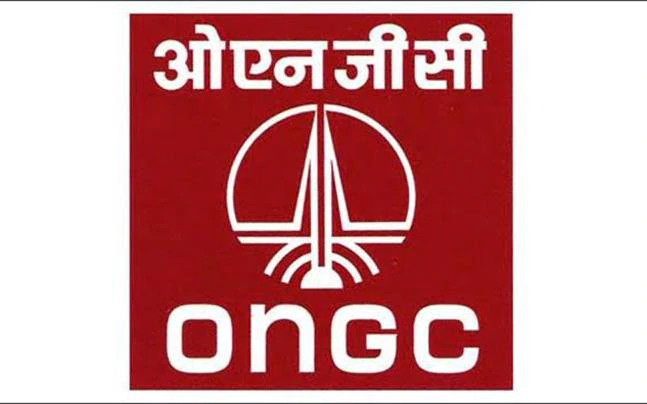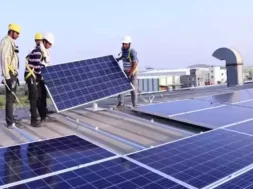
Carbon pricing most effective tool to accelerate transition to low carbon economy: BP Technology Outlook 2018
It adds that technology advancement can deliver more than 70 per cent cut in emissions to keep in check the rise in global warming. However, the progress in technology and policy intervention will need to be accelerated to achieve goals set under Paris Accord.
New Delhi: The global efforts towards de-carbonization will not be fruitful without significant policy interventions like carbon pricing despite the growth in digital innovations and technologies related to renewable power sources, hybrid and electric cars, BP’s 2018 Technology Outlook analysis suggests.
The second edition of the BP Technology Outlook was published today. The report considers the potential impact of advances in technology throughout the global energy system to 2050, without predicting policy.
“Many of the technologies required, such as renewable power sources, hybrid and electric cars and digital innovations, are growing. However, the analysis strongly suggests that such a future will not come about without significant policy intervention, for example in the form of carbon pricing,” the report said.
It adds that technology advancement can deliver more than 70 per cent cut in emissions to keep in check the rise in global warming. However, the progress in technology and policy intervention will need to be accelerated to achieve goals set under Paris Accord.
The report predicts that wind and solar power capacity and generation will grow rapidly and become a major source of electricity world-wide by 2050 and adds that onshore wind power could become the most economical source of electricity for many regions by 2050 as its costs continue to fall rapidly, driven by advances in turbine technology as well as economies of scale.
It also predicts that significant integration costs will be required when a high proportion of grid demand is provided by wind and solar.
Significantly, the report states Oil and Gas will continue to account for 40 per cent of the world’s energy requirement till 2040. BP’s analysis shows demand for gas continuing to grow to 2040, while demand for oil grows and then plateaus, reflecting major efficiency gains in transport while gas demand remains broad-based across power, transport and heat.
The report states that de-carbonizing gas technologies using Carbon Capture, Utilization and Storage (CCUS) are important for resolving the dual challenge of reducing greenhouse gas emissions while meeting growing demand of energy.
BP states that an investment of more than $600 billion per year is needed to fund new projects to offset natural oil and gas field decline and meet growing demand. It predicts that by 2050, technology has the potential to reduce projected average lifecycle costs for both oil and gas by around 30 per cent.
Liquefied Natural Gas (LNG) is projected to become a competitive fuel for trucks and some ships and Bio-jet may remain a viable solution to help achieve the aviation industry’s emissions targets, along with carbon offsets.
The outlook predicts that prices of electric car batteries are projected to fall to a quarter of today’s cost by 2050 and Electric vehicles (EV) will account for a large number of the 2050 fleet of cars and other light vehicles, alongside hybrids. It predicts that a large proportion of vehicles will become self-driving while car and ride-sharing could change car purchase habits and, potentially, fuel consumption.
The report also states that while lead-acid batteries have been the most cost-effective for grid-scale storage, by 2050, competitive options could include compressed air energy storage and lithium-ion, metal-air, solid-state and flow batteries. It adds that hydrogen could also offer an important energy storage option in future.















